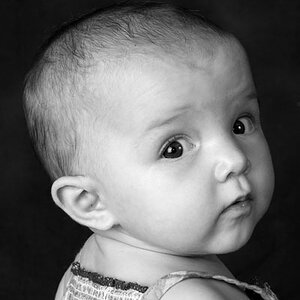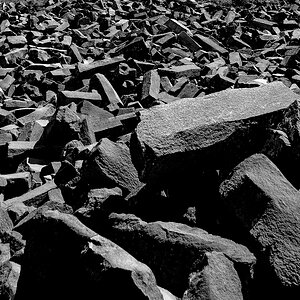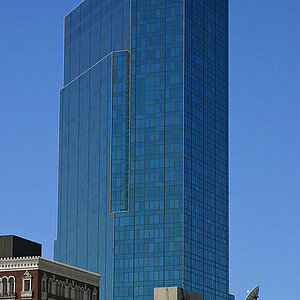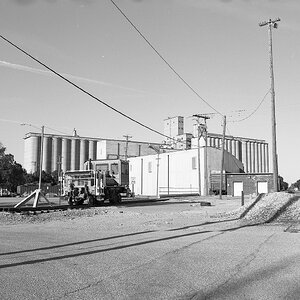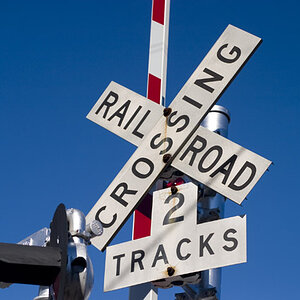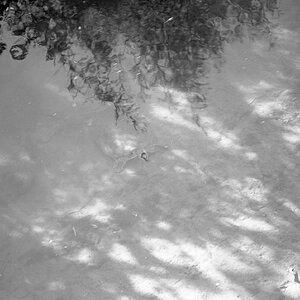- Joined
- Oct 3, 2013
- Messages
- 11,518
- Reaction score
- 4,788
- Location
- Louisville, Nebraksa - United States
- Can others edit my Photos
- Photos OK to edit
I'd wager you could make that at McDonald's with a LOT less stress....My ideal yearly salary is 30k a year.
Plus free hats. At Mcdonalds they give you a hat. And a nametag. You don't get a either for free as a pro photographer.
Seriously though, to the op, starting your own photography business is actually pretty easy. Making any real money at it becomes an order of magnitude more difficult. Odds are good you are going to have to put a lot of time and effort into building your business, and that during that time you'll have to maintain a full time job as well to pay your bills.
Even after you get established, your looking at an extremely competitive business in which a lot of people will offer their services a lot cheaper than what you can afford to match, so you'll need to consider that as part of your business model and market yourself accordingly.
Keep in mind that a lot of guys who shot pro are getting out of the business already, so again, plan accordingly. You'll need to work very hard to establish a client base, etc - and then you'll have to work hard to maintain it. It's not impossible, but it's certainly far from easy.
So with that in mind if this still seems like something you want to do, I'll wish you luck.


 now there's an incentive...
now there's an incentive...
